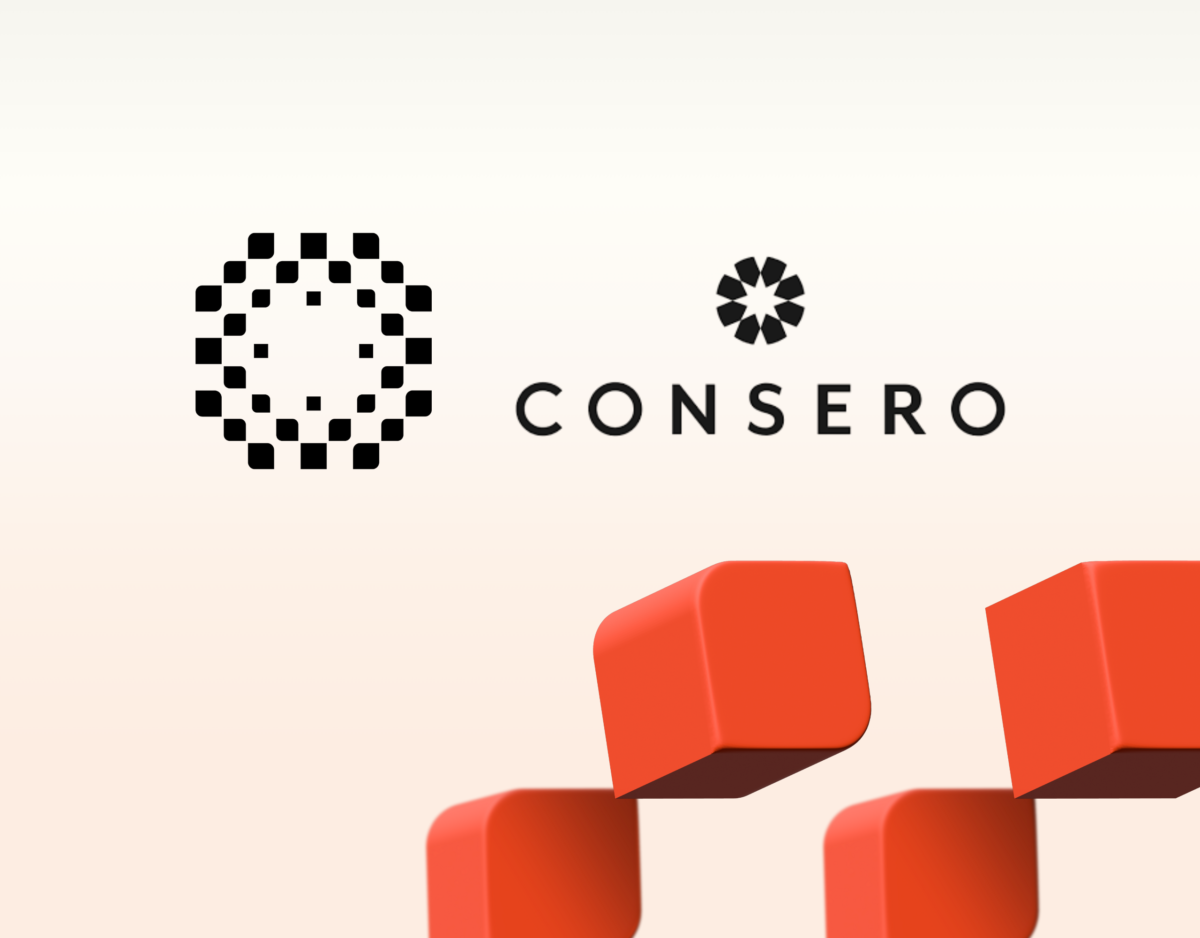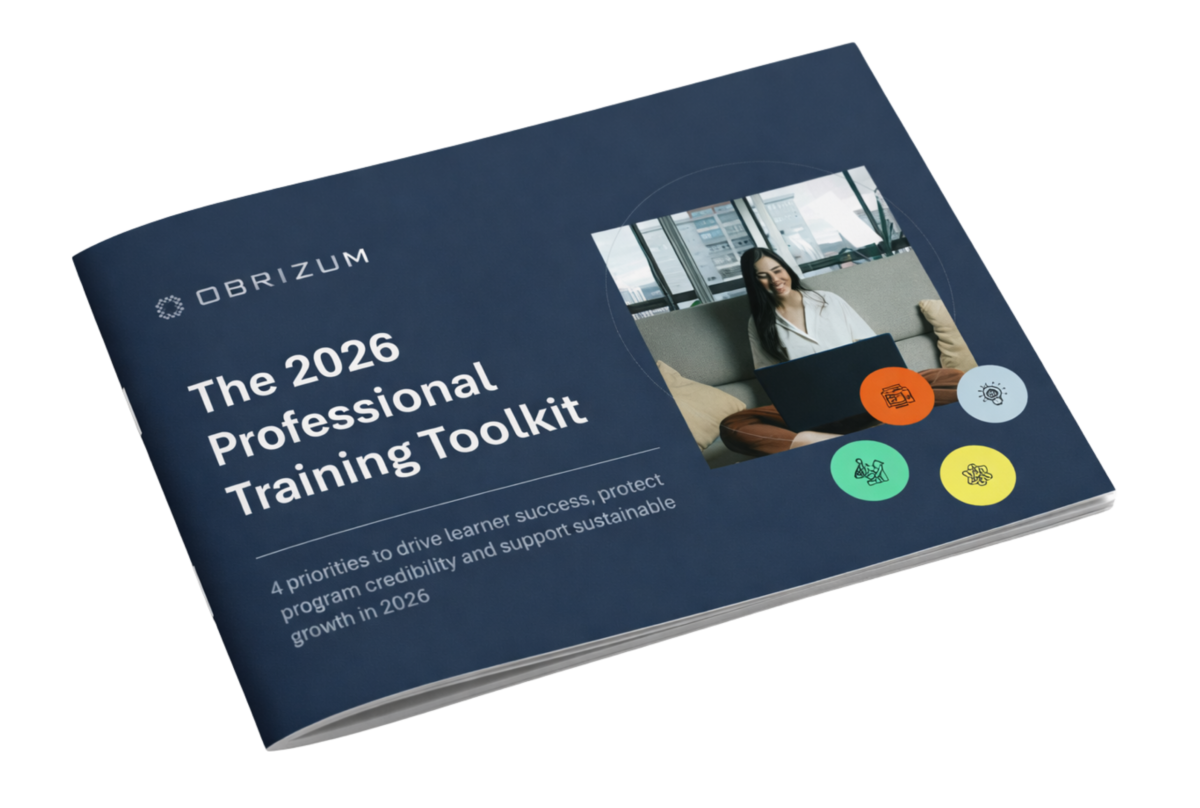
Published on 31st May 2023
Content overload: Navigating the whirlwind of rapidly changing information
Professionals in the corporate world are constantly bombarded with a seemingly endless stream of information. From industry news to market trends, research studies and social media updates, it’s easy to see how the average individual can quickly become overwhelmed by the sheer volume of content they face each day.
Adding to that, the pace at which information is changing means that what was relevant yesterday may be obsolete today, making it a constant battle to keep up. Naturally, this can leave us with the feeling of being stuck on a treadmill or going around in endless cycles of learning and development.
Businesses need to take back control of their information.
Keeping pace with the evolution of knowledge
Content overload is a significant issue for businesses as it can lead to reduced productivity and greater decision fatigue. This is exacerbated by the fact that the rapid pace of information change shows no signs of slowing down. In an age where tools like ChatGPT are being used to produce new resources by the second, the possibilities of content creation are endless.
However, as we’ve already experienced, the resources created in this way are impeded by the technology’s ability to develop the conversation or bring new ideas to the table, given that this form of AI simply parrots information that already exists.
Therefore, it is vital for corporate professionals to develop a mindful approach to content consumption and stay proactive in managing the influx of information quantity and, more importantly, quality.
To navigate the whirlwind of rapidly changing information, it is crucial to develop effective strategies for managing content overload. Here are a few practical tips for corporate professionals to regain control:
Define your business priorities
Start by identifying your business goals and areas of interest. This will help you filter out irrelevant information and focus on what truly matters to your organisation. By aligning your content consumption with business objectives, you can ensure that you receive valuable insights that will contribute to the growth and success of your company.
Focus on content quality
Choose reliable sources of information that consistently provide high-quality content. Follow credible news outlets, industry experts, and thought leaders who deliver valuable insights. By curating your sources, you can reduce the noise and ensure that the information you are using to inform your learning and development is highly relevant and accurate.
Leverage digital tools
Utilise the power of the technology that is at your disposal to your advantage. Tools like OBRIZUM organise content resources and deliver highly personalised training programmes based on learner relevance, enabling companies to offer fast-paced learning opportunities, on any topic, which adjusts in real-time based on proven understanding. By leveraging these digital tools, you can stay up to date on relevant information without wasting valuable time sifting through irrelevant content, whilst simultaneously adapting to accommodate prior experience and particular areas of expertise.
Engage in active learning
Instead of passively consuming content, strive for active engagement. Participate in discussions, comment on articles, and share your perspectives. Actively seeking knowledge and contributing to the conversation will enhance your understanding and provide a sense of purpose amidst the content overload. Additionally, this can help establish greater expertise in your field.
By prioritising, curating, and setting boundaries, we can navigate the whirlwind of rapidly changing information while ensuring that we remain informed, inspired, and focused on our business objectives. Additionally, by fostering a culture of learning and encouraging active engagement, we can ensure that our organisations unlock the most value from the knowledge on offer, without becoming overwhelmed.






